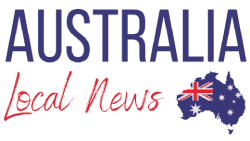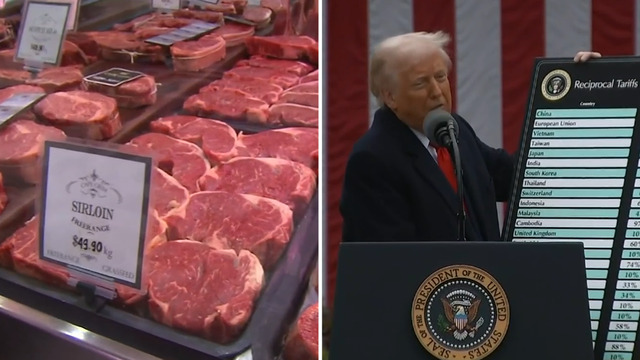The Nationals have accused Agriculture Minister Julie Collins of failing to consult the Scientific Advisory Group before lifting the ban on beef imports from the United States.
On March 28, the Inspector-General of Biosecurity released a review of the import risk analysis process, recommending that the Department of Agriculture reassess the role of the Scientific Advisory Group and ensure it can seek independent expert advice when needed.
The department agreed, stating it “values the role of the Scientific Advisory Group in independently verifying the department’s scientific assessments” and will review the group’s role to ensure it remains effective and fit for purpose.
Inspector-General’s Review Raises Consultation Issues
The Scientific Advisory Group’s 1.7-year term expired on March 1.
Nationals Leader David Littleproud claimed that Minister Collins had “either dismissed or overlooked” the Inspector-General of Biosecurity’s recommendation to consult the group.
Minister Collins must explain why the Inspector-General’s advice was not taken into account and why such an important recommendation has been ignored,” he said.
Nationals Leader Calls for Minister’s Explanation
Is the Minister disregarding the advice of her own Inspector-General of Biosecurity, and if so, could that jeopardise Australia’s biosecurity?
Is Labor prepared to compromise Australia’s strong biosecurity standards merely so Prime Minister Anthony Albanese can secure a meeting with US President Donald Trump?
The Department of Agriculture was contacted for comment.
The Albanese government responded, stating the decision followed a decade-long review and was not intended to placate Trump, who had previously criticised Australia’s restrictions.
Coalition Pushes for Senate Inquiry on Beef Imports
We have not compromised on biosecurity. My department has conducted a thorough and rigorous assessment, a process that has been ongoing for nearly a decade,” Collins said at a press conference last week.
She emphasised that the decision was “entirely based on science and a rigorous evaluation by my department.”
“Our biosecurity risk assessment process is highly robust, and I trust my department’s officials to handle it appropriately. These are experts in their field,” she added.
Littleproud argued that “it is evident further investigation is required” and has called for an independent scientific review of the department’s assessment on US beef imports.
It seems there has been no peer review of this decision,” he said.
Cattle Australia has supported the call for an independent review, with CEO Will Evans stating there is “far too much at stake” to proceed without obtaining “a second opinion.
The Coalition has taken its concerns further by calling for a Senate inquiry.
A comprehensive biosecurity ban on US beef imports was imposed over two decades ago following a severe outbreak of mad cow disease.
In 2019, the ban was partially eased to allow imports from cattle raised and processed in the US, but it still excluded cattle raised in Canada or Mexico and slaughtered in the US.
Last week, the federal government announced that the ban had been fully lifted.


Leave a Reply